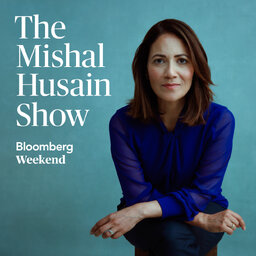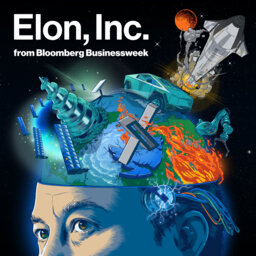Grok-Generated Chaos, Cybertruck In Strange Places
Last week, X users might have noticed a new kind of artificial intelligence-generated image proliferating: strange visions of Elon Musk next to Disney characters carrying guns, or Donald Trump in all kinds of, well, weird situations. This was what followed a new release of Musk’s Grok AI tool, which can now make images—unsurprisingly with fewer guardrails than other image-creating machines out there.
On this episode we’ll talk about Grok’s new skillset and also get into the semiotics of the Cybertruck. Initially conceived of as a mass-market truck, it’s slid into another category: marker of a certain kind of right-wing flex, the kind Musk himself has engaged in on his struggling social network. Joining David to discuss is Davey Alba, a Bloomberg technology reporter, along with Max Chafkin and Dana Hull.
In 1 playlist(s)
Elon, Inc.
Elon Musk’s sprawling business empire has granted the billionaire a degree of power and global influ…Social links
Follow podcast
Recent clips

Introducing: The Mishal Husain Show
02:19

Everybody's Business: Will the Shutdown Lead to DOGE 2.0?
42:18

Everybody's Business: Elon Inc's Host Explains the Mess in Argentina
42:48
 Elon, Inc.
Elon, Inc.